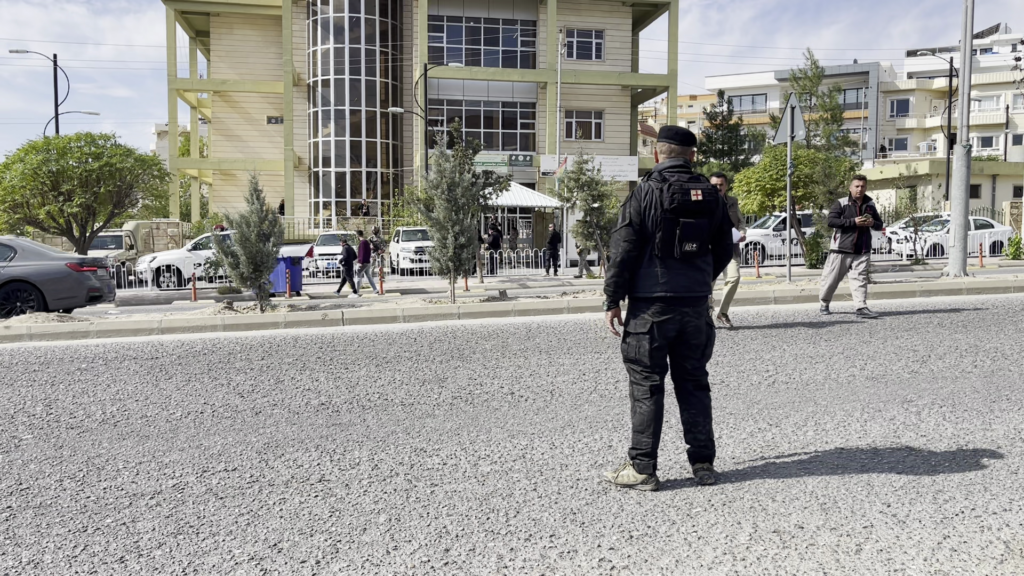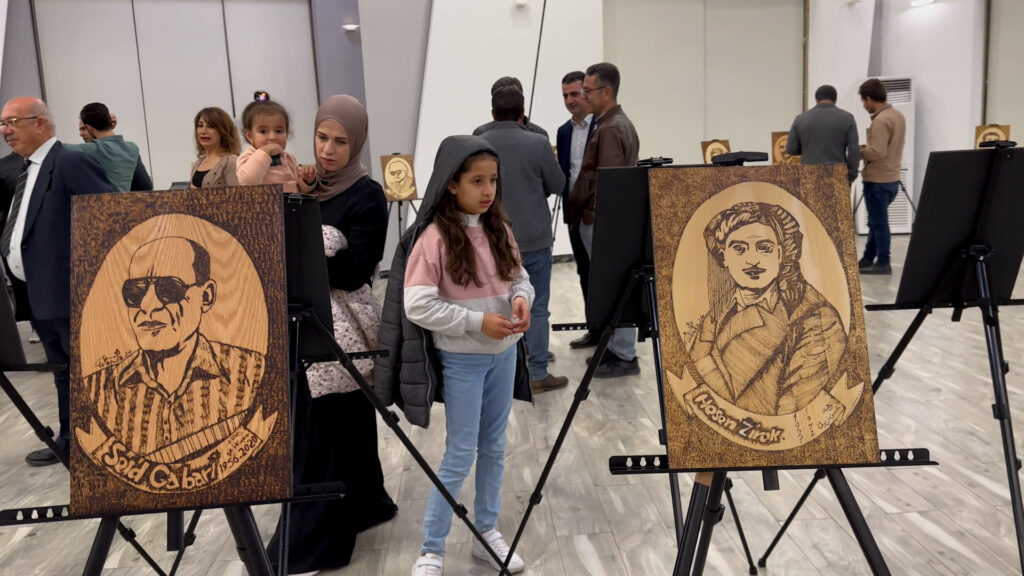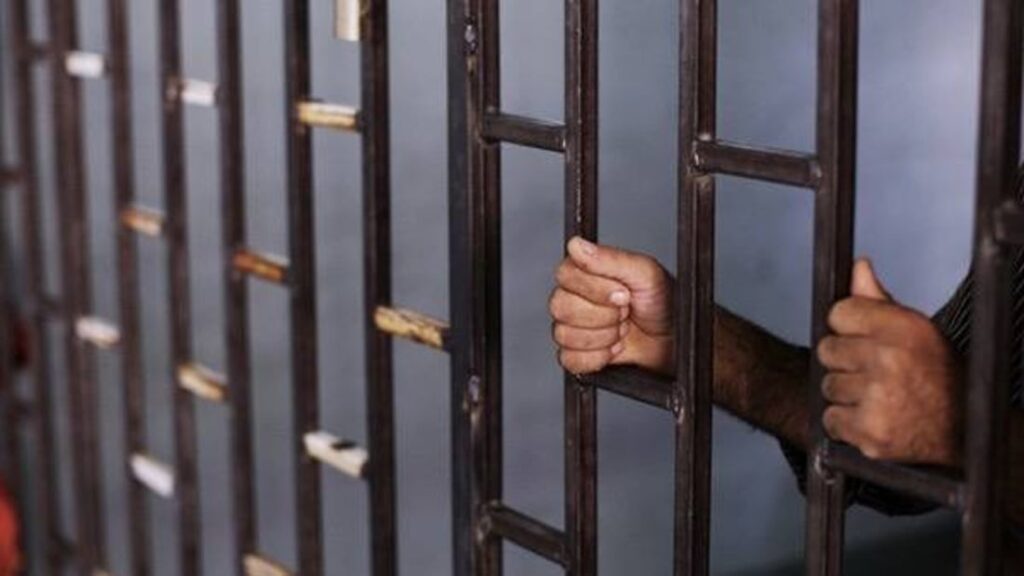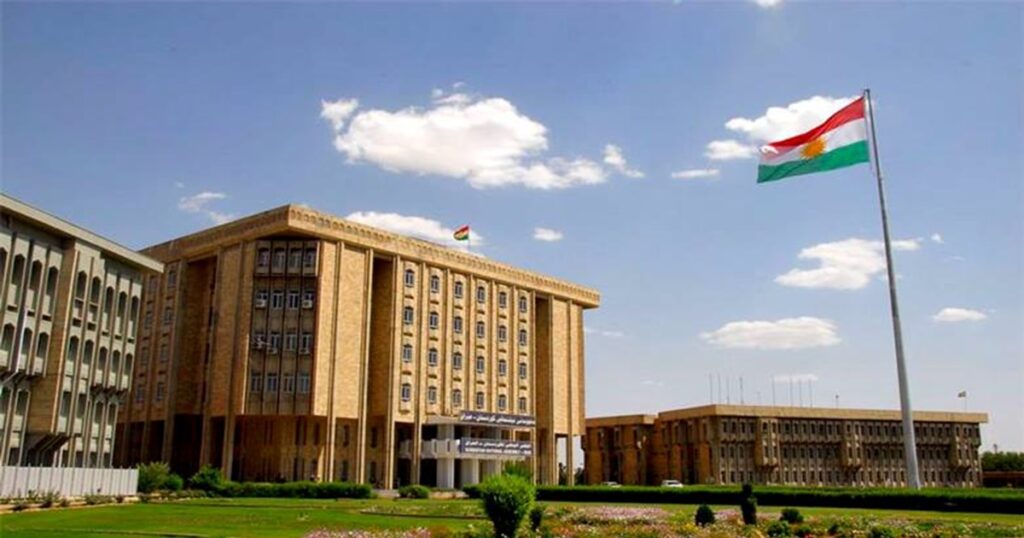Safety at home, an illusion for far too many women in Iraq

13 May 2020 “Women in Iraq face several additional challenges right now,” says Danielle Bell, Head of UN Human Rights in Iraq. “The restrictive measures adopted to fight COVID-19 in Iraq heighten the risk of domestic violence, whilst at the same time substantially reducing the ability of victims to report abuse and seek effective shelter, support and access to justice.”
As COVID-19 sweeps the globe, in many countries it is often women who bear the brunt of the crisis. Taking on the lion’s share of the caregiving and household responsibilities is just one aspect. Women may also face difficulty accessing healthcare due to issues of stigma around the virus, and they are also far more vulnerable to violence in their own homes.
When the first official case of COVID-19 was declared on 24 February in Iraq, measures put in place by the authorities were swift. As case numbers grew, schools, universities, restaurants, and shopping centres were closed, and mosques and other religious venues were forbidden to host large gatherings. By the middle of March, a nationwide lockdown and curfew were implemented, as well as travel restrictions.
“While these early preventive actions were necessary to help prevent transmission, the curfew has had substantial impact on the lives of women,” continues Bell. “We’ve received reports that some women cannot leave the house to seek medical care because of the stigma and shame it could bring to their families, but also because cultural norms do not allow women to be alone in quarantine centres in the absence of a male relative.”
One of our main concerns is the exacerbation of domestic violence in the country, which we fear was highly underreported even prior to the pandemic.”
When home is not a safe place
Although the Constitution of Iraq prohibits all forms of violence and abuse in the family, school, and society, the Penal Code provides that the punishment of a wife by her husband is the exercise of a legal right and as such, is not a crime. Perpetrators frequently go unpunished. However, the Iraqi Government is showing commitment to change this, with the Anti-Domestic Violence Law currently under discussion in the parliament.
These discussions are taking place amidst a worrying context for women and girls. In mid-April, the United Nations in Iraq confirmed multiple reports of horrific abuse, including the rape of a woman with special needs, spousal abuse, sexual harassment of minors, and suicide due to domestic abuse. Iraq’s High Judiciary Council subsequently issued a circular calling on judges to use all legal provisions for deterrence, but this won’t close the loopholes.
Confinement affects reporting
Media and social media in Iraq are also reporting an increase in acts of domestic violence. The authorities on the other hand have noted a decrease in official reports of domestic violence, but acknowledged in some instances that the curfew has contributed to this reduced number.
The ‘humiliation’ of being exposed in front of neighbours and the community has often led to under-reporting of domestic violence. Victims do not always seek support, for fear of publicly shaming their family. This is exacerbated by home confinement.
“Throughout Iraq, entire families are confined together,” notes Bell. “Quite frequently, there is a pressure to resolve family disputes – including domestic violence - without any intervention from a third party due to shame and stigma associated with such violence. Resolutions are therefore fraught, and the cycle of violence just continues.”
“Iraq’s response plans for COVID-19 should include the adoption of the Anti-Domestic Violence Law to enable the prevention and redress of violence against women,” says Bell. “Without doubt, this is the time for the Iraqi Government to renew its efforts to finalise the law and organize the remedies offered to women including establishing enough shelters accessible without cumbersome procedures.”
In the context of the COVID-19 pandemic, the signing and implementation of this law is even more crucial. Current lockdown measures mean that only half of staff in Iraq’s family protection units are coming to work. These units previously offered a place of safety and support for women who were victims of violence. Now, the few women who are able to come to report a case are often quickly dismissed, and they also have to get the report signed by a judge, clearly a challenging and complicated endeavour.
In situations where perpetrators have been brought to account, they have often simply been forced to sign a document to say they will not repeat the offence. Another favoured ‘solution’ is that victims are asked to ‘reconcile’ with the perpetrators.
Impunity for perpetrators must end
”Since the start of the COVID-19 curfew in Iraq, the obstacles faced by women in reporting domestic violence have created an even deeper sense of impunity for the perpetrators of these crimes,” notes Bell. “Violence against women and girls is a crime, and perpetrators need to be held to account.”
UN Human Rights is urging the Government to take immediate steps. “Special measures need to be made available immediately to women, including secure and confidential online services to lodge complaints, or an easing of the requirements for women to report abuse and seek emergency shelter,” says Bell.
For Bell, the adoption of the Anti-Domestic Violence Law is critical in the battle to save human rights, and human lives. “In the meantime,” she says, “judicial systems must continue to prosecute abusers. The women and girls of Iraq – as in any country – deserve the right to protection, and to be safe in their own homes.”





